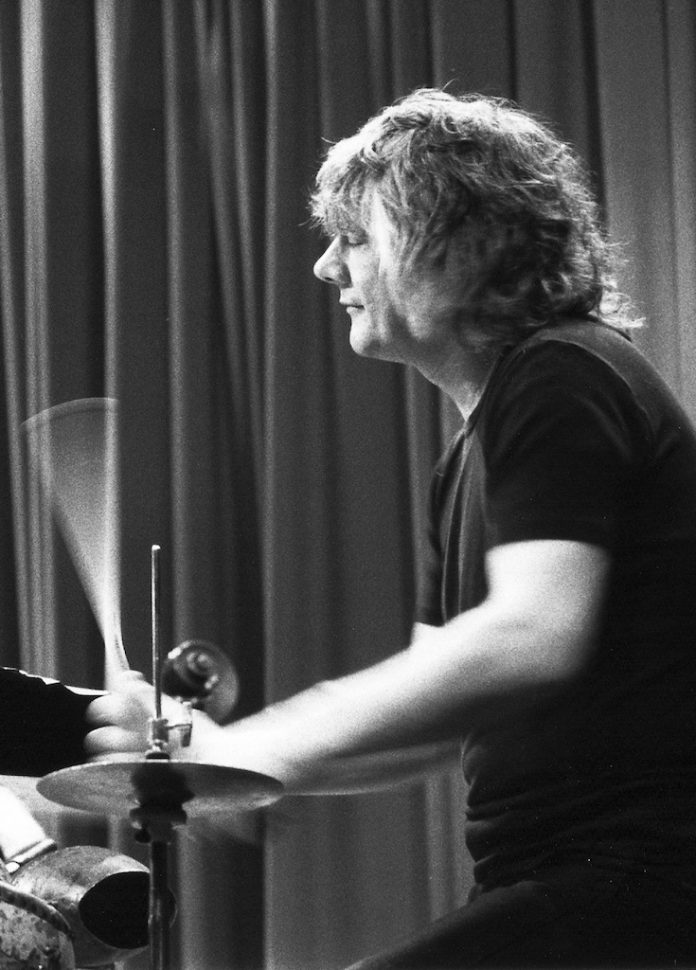Every year the Melody Maker’s Readers’ Poll is divided into ‘British’ and ‘Rest Of The World’ categories. In April a concert was staged at the Royal Festival Hall, featuring as many of the British winners as were geographically and contractually available. In view of the talent available in this country, the outcome could have been impressive. In practice it was a pretty dull evening; few musicians played as well as they are able and none were given the time to spread out.
The Don Rendell/Ian Carr Quintet opened the programme and were given a mere fifteen minutes. Their jazz is normally a little too studied and such unreasonable restrictions gave them no time to relax.
They were followed by the Johnny Dankworth Band, who used a good arrangement on Ja Da but throughout concentrated more on ensemble playing than was really necessary. The arrival of Cleo Laine livened up the proceedings and on Lady Be Good and Please Don’t Talk About Me, in particular, she out-swung the band comfortably.
Ronnie Scott’s fine little band fared worst of all. Their already short set was further reduced by the inclusion of two nasal and unswinging numbers from Georgie Fame and a technically excellent but emotionally empty alto solo by Peter King.
This set was followed by a jam session containing solos of the most variable quality. Joe Harriott was the most outstanding and his only real horn rival was Harold McNair on flute. The best solo of the collection, however, came from Tony Oxley and was one of the most imaginative drum solos I have heard for some time.
The programme closed with the Mike Westbrook Concert Band. Their section started like the more disastrous Duke Ellington performances, musicians returning from the bar throughout the first five minutes. Musically they settled quickly and there were excellent solos from Paul Rutherford, Malcolm Griffiths and John Surman (on soprano).
Westbrook himself sang I’m Old Fashioned in a hilarious parody of 1940s pop and shocked one of the most unresponsive audiences I have ever seen, even at the RFH. Many walked out and almost all who remained sat in stoney-faced amazement.
The band’s continuous performance made its usual use of a sterling march theme, which was gradually broken down into the flowing rhythms of the new jazz and so became the cushion on which Surman’s fiery soprano rested. It represented the high-spot of the evening but there had been disappointingly few others with which to compare it. Only the solos already mentioned and the consistently good trumpet (or flugelhorn) playing of Kenny Wheeler and Ian Carr really raised the blood pressure at all.
In the finish, I had the feeling that the audience were in no mood to be disturbed from the restfulness of their social evening out. They were rarely disappointed.
Barry McRae
















